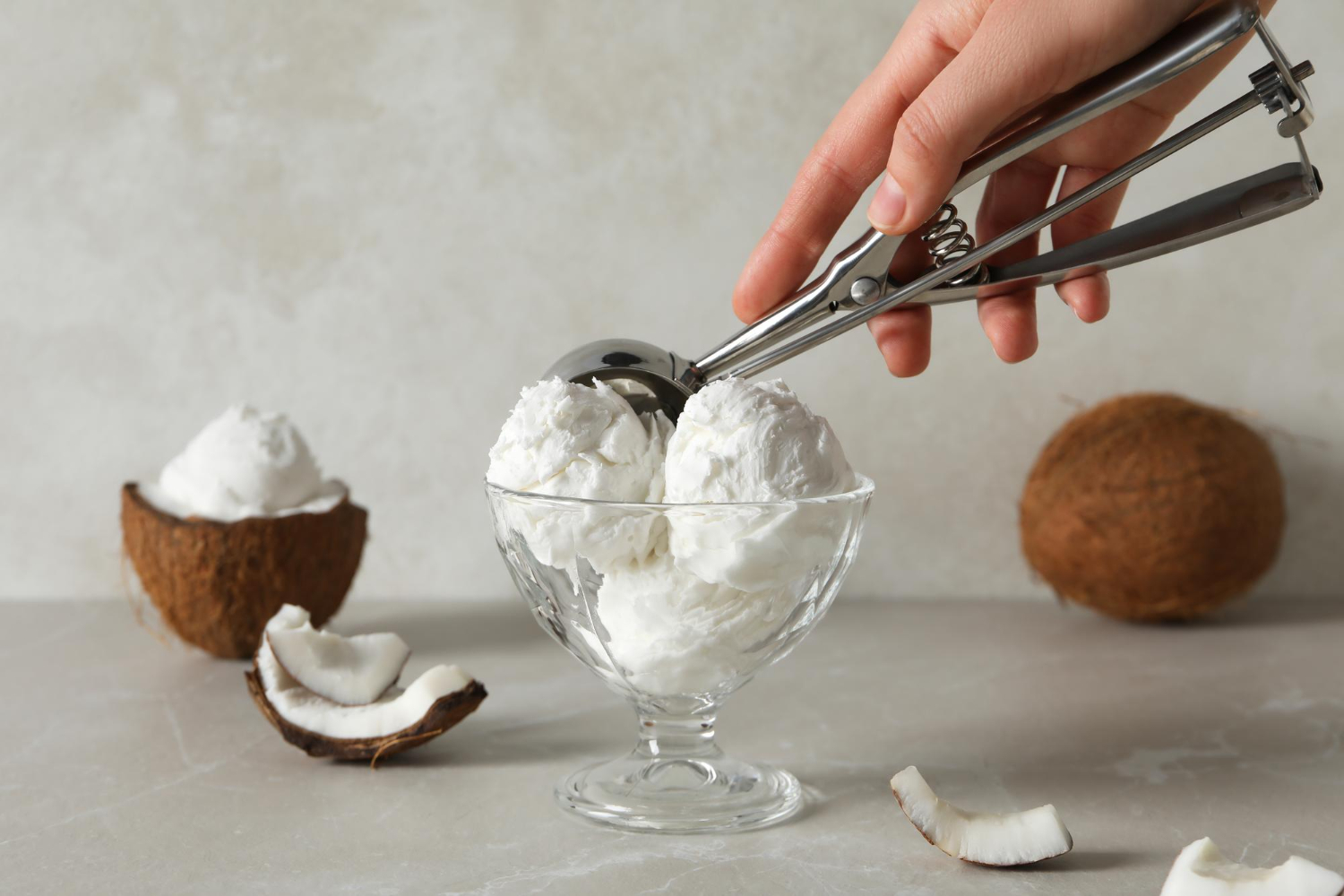There has been a steady rise in clean eating. As a society, we have collectively started focusing on fitness. This has led to people looking for more natural and healthier alternatives to what they consume in a day.
When you think about the amount of processed food in our diet is almost unavoidable. Or so it used to be. These days, thanks to the internet, innovation, and natural progress, healthier options are available to us.
One of those is coconut aminos. The short and sweet of it is that it’s a savory seasoning sauce. It’s very popular among clean eaters, people on paleo diets, vegetarians, vegans, and the like. It’s a trendy substitute for soy sauce. Within a few years, more and more people will likely make the switch as well.
Let’s discuss what makes it better and why people are eager to ditch soy sauce for coconut aminos.
Soy Sauce vs. Coconut Aminos
Soy sauce is a common ingredient you will find in East Asian and Southeast Asian cuisine. Soy sauce is of Chinese origin. It’s made from a fermented paste of soybeans and grains, leading to salty and umami or savory flavor. These days, you’ll probably find it in almost every cook’s cupboard because of the taste it can give almost any dish.
What about coconut aminos? Aside from being a common substitute for soy sauce, it is also gluten-free and soy-free. It has finally allowed those that can’t have soy sauce to taste the wonderful umami flavor of soy, minus the soy. However, it’s made from the fermented sap of coconut palm and sea salt. Rest assured that it tastes nothing like coconut.
Sodium Content
The main reason people are making the switch to coconut aminos is because of the high sodium content of soy sauce. Coconut aminos only have 90 mg of sodium per teaspoon compared to 190 mg of sodium per teaspoon of soy sauce.
Taste and Appearance
When you first see coconut aminos, it will look a little syrupy. It’s dark, thick, salty, and slightly sweet. It gets its color from the fermentation process. When you use it for your food, it’s very much just like regular soy sauce. It will taste milder and just like a lighter version of soy sauce.
Health Benefits of Coconut Aminos
Coconut aminos have less sodium. This makes it much safer to consume for people with soy and gluten allergies and intolerances, high blood pressure, and specific diets like Paleo or Whole30—an elimination type of diet that avoids certain foods.
You can reduce the risk of heart disease, diabetes, stroke, and colon cancer, simply by being more mindful of what you eat. Coconut aminos are also packed with 17 amino acids, potassium, vitamin C, and B.
How to Use Coconut Aminos
If you’re already familiar with using soy sauce in your cooking, then you shouldn’t have any problems with incorporating coconut aminos into your diet. It’s as easy as switching out the soy sauce for this new alternative. The taste shouldn’t be all that different, although it might still take some getting used to. Once you find your groove with it, though, there’s no turning back—all the benefits of soy sauce without compromising your health.
Some common uses for coconut aminos:
- Marinade
- Sauce
- Seasoning
- Dressings
Summary
Coconut aminos are more than just an excellent substitute for soy sauce. It can be a game-changer for your health, fitness, and cooking. Imagine all the new dishes you can cook up without the hassle and strain of controlling your use of soy sauce. Of course, coconut aminos still have sodium, so if that’s something your diet doesn’t allow, it won’t make much of a difference. But if it’s just a healthier alternative you’re looking for, this is perfect for you!
Ceylon Exports & Trading is one of Sri Lanka’s most exemplary wholesale coconut exporters and suppliers. We export & supply fresh organic coconut-based products. If you’re looking for the best coconut products for your health, beauty, and fitness, we have exactly what you’re looking for. Browse through our wide selection of products today and find the right thing for you!






